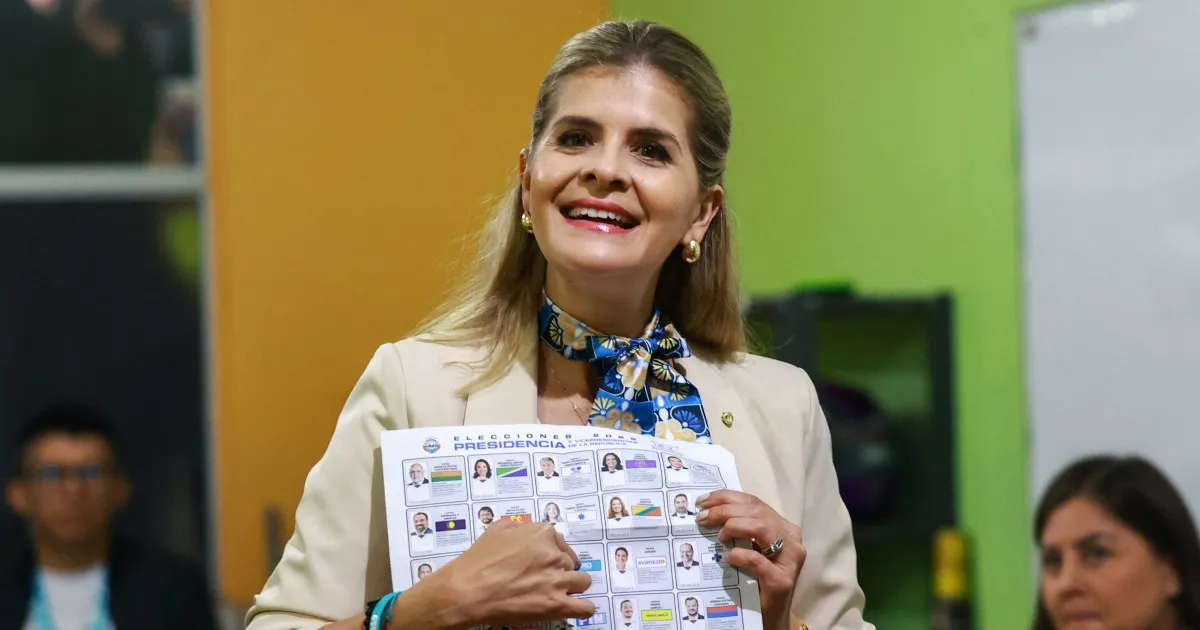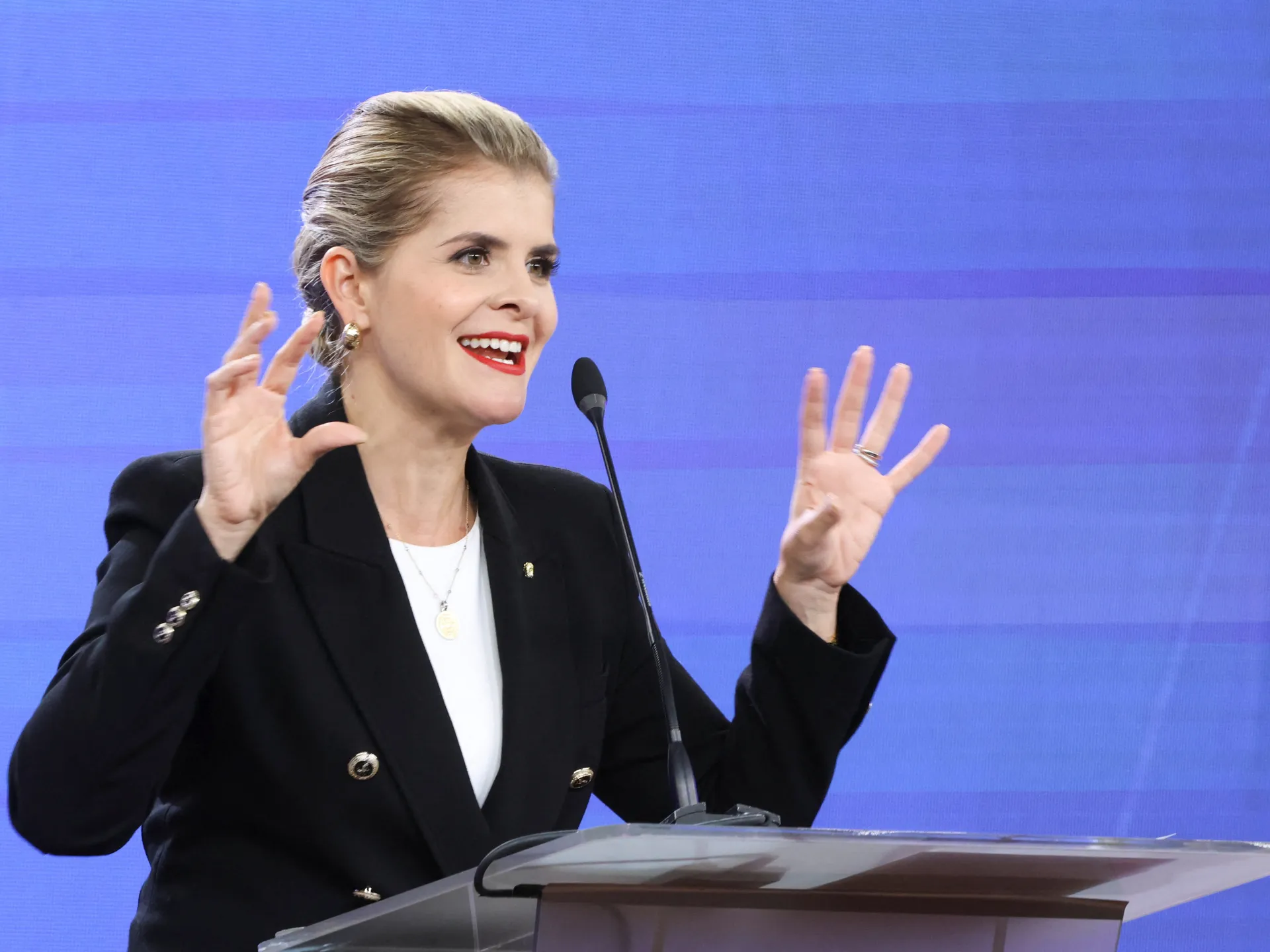Laura Fernandez leads early results in Costa Rica’s presidential election | Elections News
DEVELOPING STORYDEVELOPING STORY,
Right-wing candidate from the governing PPSO leads presidential race with 53.01 percent of the vote, early results show.
Published On 2 Feb 2026
The right-wing law-and-order candidate, Laura Fernandez, has taken a commanding lead in Costa Rica’s presidential election, according to early results.
With ballots from 31 percent of polling stations counted late on Sunday, Fernandez, of the governing Sovereign People Party (PPSO), had 53.01 percent of the vote, the results showed.
Recommended Stories
list of 3 itemsend of list
Alvaro Ramos of the centre-left National Liberation Party was in second place with 30.05 percent, while former First Lady Claudia Dobles was in third place with 3.9 percent.
Fernandez needs at least 40 percent to win the election outright and avoid a run-off on April 5.
The 39-year-old politician is the handpicked successor of incumbent President Rodrigo Chaves, and campaigned on continuing his tough security policies.
The historically peaceful Central American nation’s crime surge in recent years could be a deciding factor for many voters. Some fault Chaves’s presidency for failing to bring the rates down, but many see his confrontational style as the best chance for Costa Rica to tame the violence.
Fernandez was previously Chaves’s minister of national planning and economic policy and, more recently, his minister of the presidency.
Costa Ricans also voted for the 57-seat National Assembly. Chaves’s party is expected to make gains, but perhaps not achieve the supermajority he and Fernandez have called for, which would allow their party to choose Supreme Court magistrates, for example.
Twenty contenders were seeking the presidency, but no candidate other than Fernandez and Ramos reached 5 percent in the preliminary and partial results.

